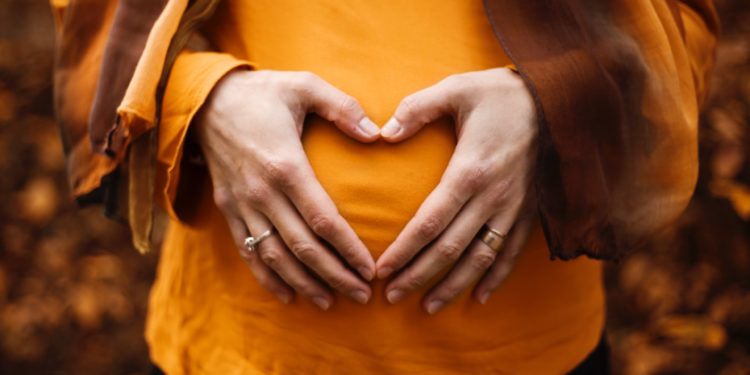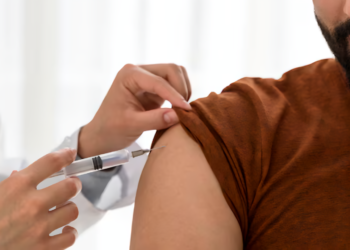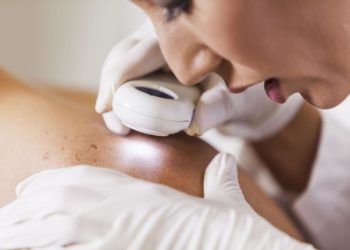One thing which many couples forget to consider is how age influences fertility – the ability to have children. As we get older, the things that make us fertile (number and quality of eggs for women, and number and quality of sperm for men) decline, making it harder to conceive. Here, we explain why fertility decreases with age in more detail – and what you can do if you’re concerned.
Is there a way to prevent this decline in fertility? Let us help you understand how individuals and couples wanting to start or expand their family can overcome these challenges.
How age impacts your fertility journey
If you are in your late 20s or early 30s, you’ve likely heard the term “biological clock”. This refers to the countdown to the point where the body stops ovulating, and as such is no longer fertile and able to produce children. You may have heard people saying “Your biological clock must be ticking!” by which they are referring to the desire to have children before your body is no longer able to. Ageing leads to many physiological changes in the body which can all impact fertility negatively.
As we age, our hormones can change too. More specifically, women’s oestrogen levels decrease with time. Oestrogen is the hormone responsible for development of the ovarian follicles where eggs grow. Another important hormone that is a marker of fertility is Anti-Mullerian Hormone (AMH). AMH levels are measured through blood tests. A high AMH level indicates that a woman has a good ovarian reserve (the number of eggs in the ovaries), and a low AMH level indicates that there are too few eggs remaining to have a good chance of conceiving naturally (although with a little fertility treatment this could still be possible).
Talking about the Anti-Mullerian Hormone gives us a segue to discuss about another important factor – depletion of eggs. Women are born with a finite supply of eggs (estimated to be up to 2 million) in their ovarian follicles. As women age, this number of eggs reduces slowly until the age of 30. At 30, the decline in egg numbers becomes more pronounced, and by age 35 this intensifies even further. This goes on until a woman reaches menopause and ovulation stops. The fewer eggs, the smaller the chance of becoming pregnant naturally – women who are 35 are likely to experience challenges becoming pregnant. But it is not only the number of eggs that are impacted – the quality of those eggs reduces with time, which is why older women are more likely to have children with genetic abnormalities and other serious health conditions. With menopause marking the end of ovulation, many wonder, can you get pregnant after menopause? This topic explores possibilities and considerations for conception after this stage
When it comes to men, age can also have an impact on fertility, although the decline in fertility is not normally as pronounced as in women. Ageing has an impact on testosterone levels, and the older a man is, the lower his testosterone levels. How does this impact fertility? It can hinder sperm production, meaning sperm count is reduced. With age, the quality of sperm declines too, meaning their motility, morphology and quality may not be tip top. As a result, it can take longer to conceive naturally.
Understanding these factors can help couples bring about necessary changes in their family planning journey.
How to have a better chance of getting pregnant naturally as you age
The first – most important – step is to keep track of your cycles and reproductive health (for you and your partner both). The next (obvious) step is to have intercourse more often. Having frequent intercourse increases the likelihood of getting pregnant and, in women, helps to signal the immune system to prepare itself for a possible pregnancy. And don’t forget, it’s equally vital to make it a fun, comfortable and intimate experience for you and your partner.
You can also make lifestyle adjustments to help your body be better prepared for conception and supporting a pregnancy. Changes that prioritise your personal health include consuming a healthy diet, adding some sort of exercise into your day, focussing on getting good quality sleep, and reducing harmful habits like smoking and alcohol consumption.
If you have been trying to get pregnant for a while without success, or are over 30 and thinking of starting a family, a great first step is to consult a fertility specialist. Finding a fertility clinic or IVF clinic in London is now easier than ever before. A fertility doctor can provide you with guidance on how best to optimise your pregnancy journey and increase your chances of getting pregnant based on your reproductive health. They may recommend a series of fertility tests to fully understand your fertility and make the most appropriate recommendations.
Getting help getting pregnant
With recent advancements in the medical field, even couples with underlying fertility issues have a good chance of becoming pregnant with a little guidance and support from the right fertility clinic.




![7 Best POS Software in the UK [2026 Edition]](https://todaynews.co.uk/wp-content/uploads/2026/02/7-Best-POS-Software-in-the-UK-2026-Edition-360x180.png)








































































